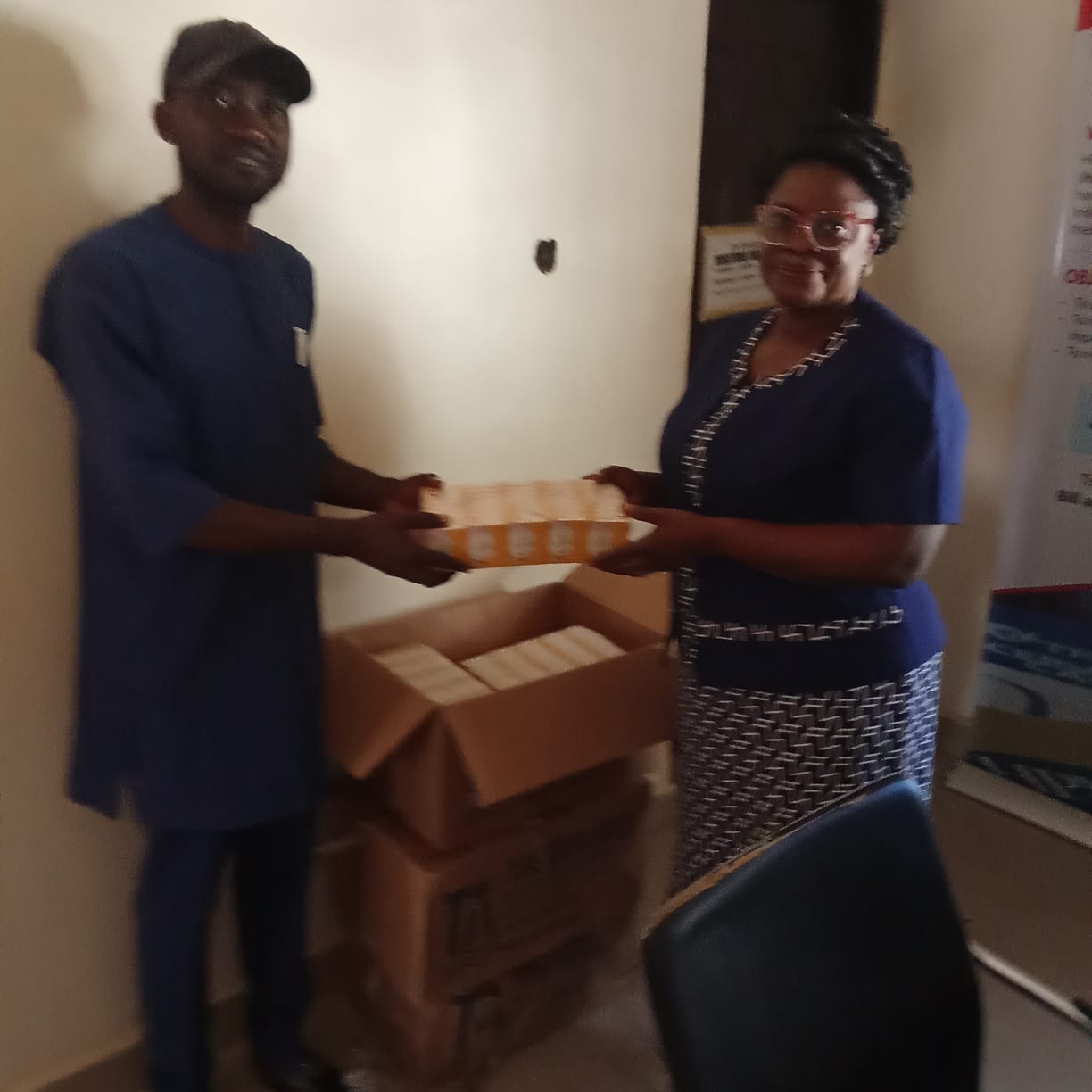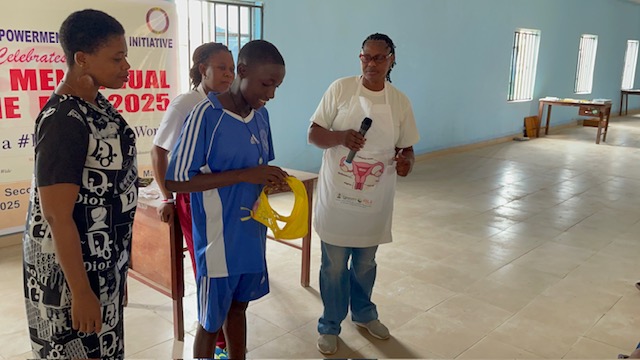Strengthening Maternal, Neonatal and Child Health Week (MNCHW) in Benue State: Albendazole Donation by WOHEPI in 2024
- November 30, -0001
- |
- by Admin

In line with its commitment to enhancing maternal and child health in Nigeria, WOHEPI (Women’s Health, Empowerment and Peace Initiative) contributed significantly to the two rounds of the Maternal, Newborn, and Child Health Week (MNCHW) in May/June and November/December 2024. A total of 16,000 doses of Albendazole, a crucial intervention for deworming children aged 12-59 months, were donated to the State Primary Health Care Board (SPHCB) in Makurdi for 2024 rounds of MNCHW. This initiative addressed a pressing need for deworming interventions while also contributing to iron and folic acid supplementation for pregnant women.
Context and Need for Intervention
Nigeria continues to grapple with high rates of maternal and child mortality, largely due to preventable causes. According to the Nigeria Demographic and Health Survey (NDHS) 2008, approximately:
- 40 newborns,
- 75 children under one year, and
- 157 children under five years die per 1,000 live births. Maternal deaths related to pregnancy and childbirth also remain a significant concern.
These alarming statistics highlight systemic gaps in health service coverage, including antenatal care, skilled birth attendance, and postnatal interventions. In response, the MNCHW program, initiated in 2010 by the 53rd National Council on Health, delivers integrated, high-impact health services to bridge these gaps. Despite notable successes, coverage of essential interventions, including deworming, remains insufficient due to limited resources and logistical challenges.
WOHEPI’s intervention aims to tackle these issues by supporting MNCHW, an event conducted biannually to strengthen routine health services and increase access to life-saving interventions.
Activity Overview
As part of the first round May /June and second round November/December 2024 MNCHW, WOHEPI procured and donated:
- 6,000 doses of Albendazole (200mg)
- 10,000 doses of Albendazole (400mg)
These donations targeted children aged 12-59 months for deworming interventions. Worm infestations in this age group contribute to malnutrition, impaired cognitive development, and increased vulnerability to other illnesses. By addressing this, WOHEPI seeks to improve child survival rates and overall well-being.
The handover ceremony took place at SPHCB, Makurdi, on May 24th and November 21, 2024, respectively and distribution to the 23 Local Government Areas (LGAs) followed. The MNCHW implementation phase ran from May/June 25th -29th and December 6 to 11, 2024.
Key Objectives
WOHEPI’s support was aligned with the following objectives:
- Enhancing deworming coverage among children aged 12-59 months.
- Boosting maternal health by supporting iron and folic acid supplementation programs for pregnant women.
- Ensuring the availability of essential health commodities, such as Albendazole, to strengthen routine healthcare services during MNCHW.
Outcomes Achieved
The intervention resulted in:
- Uninterrupted availability of Albendazole tablets for deworming children during MNCHW.
- Significant increase in deworming coverage, addressing health challenges posed by worm infestations.
- Improved maternal health outcomes, with expanded coverage of iron and folic acid supplementation.
Challenges Faced
- High cost of Albendazole tablets: This constrained procurement, resulting in fewer doses than required for optimal coverage.
- Logistical complexities: Ensuring timely distribution to all 23 LGAs within the implementation timeframe posed challenges.
Recommendations for Future Interventions
To maximize impact in future MNCHW rounds, the following actions are recommended:
- Increase stakeholder engagement: Collaborate with more donors and partners to secure additional funding for procuring larger quantities of essential drugs.
- Strengthen government involvement: Advocate for government support in supplementing partner efforts to ensure adequate health commodity supplies.
- Optimize logistics: Develop streamlined systems to improve distribution efficiency and reduce delays.
The 2024 Albendazole donation is a testament to WOHEPI’s unwavering commitment to improving maternal and child health in Nigeria. By addressing critical gaps in deworming and maternal supplementation, WOHEPI has contributed to the overarching goal of reducing preventable maternal and child deaths. However, achieving universal health coverage requires sustained collaboration among government entities, non-governmental organizations, and international partners.
WOHEPI remains dedicated to fostering impactful partnerships and driving change to ensure healthier futures for Nigeria’s women and children.
Compiled by:
Mrs. Shimenenge Kyaagba
Executive Director
Search
Recent Projects
REPORT ON THE CELEBRATION OF...
June 15, 2025
